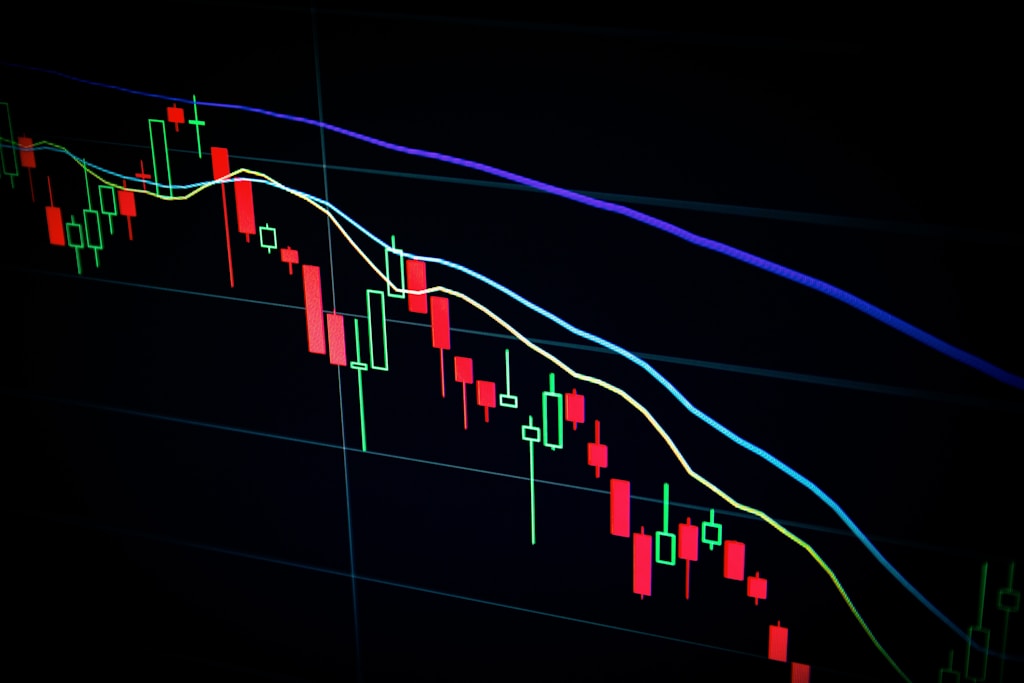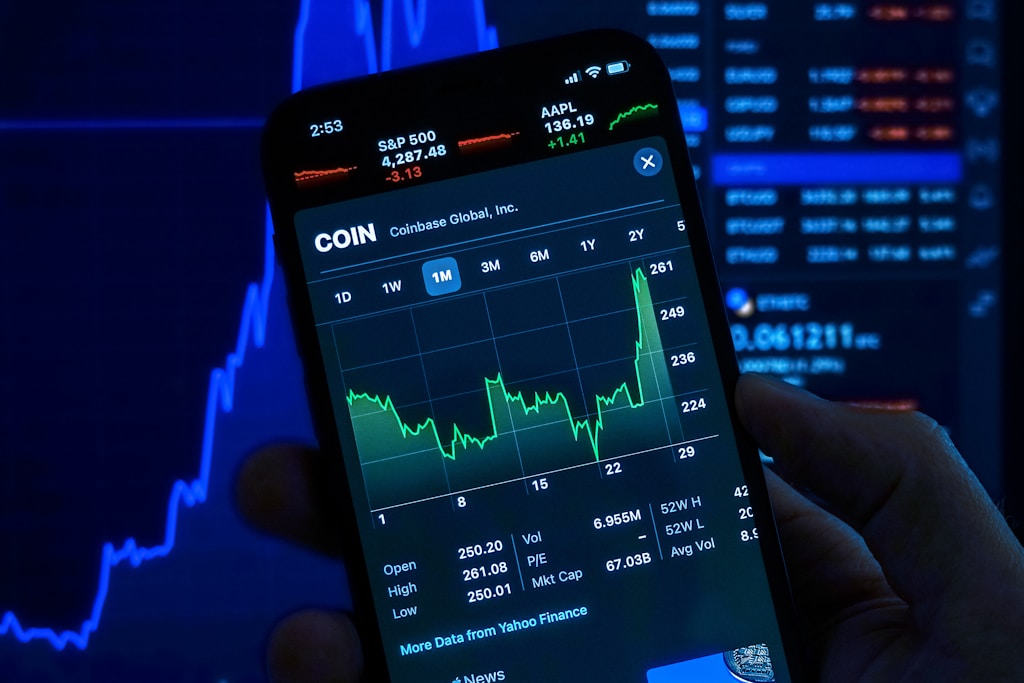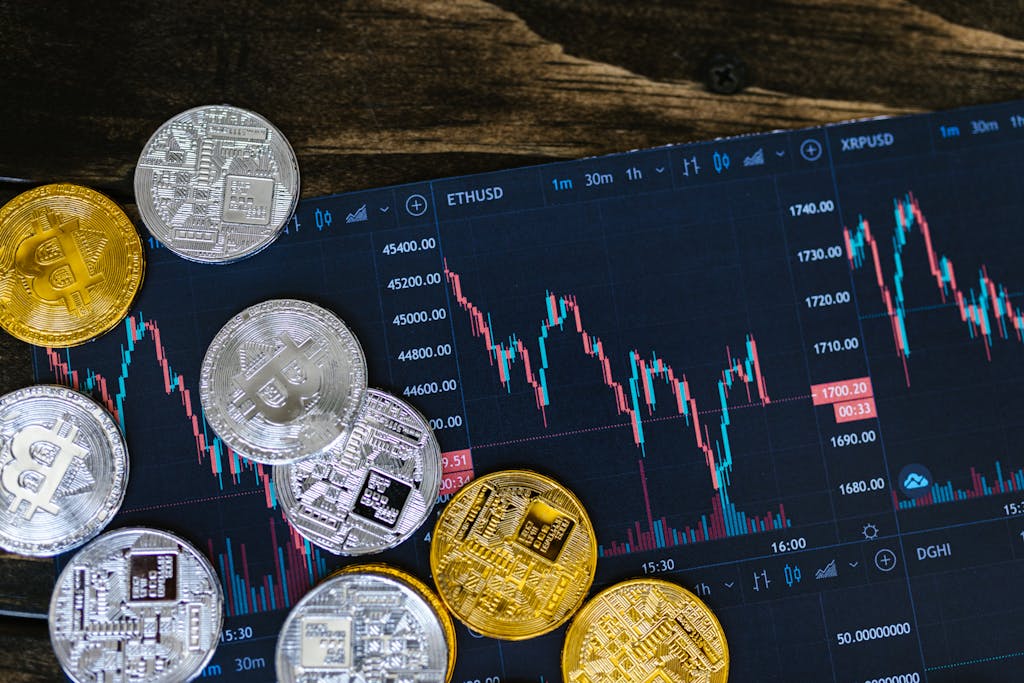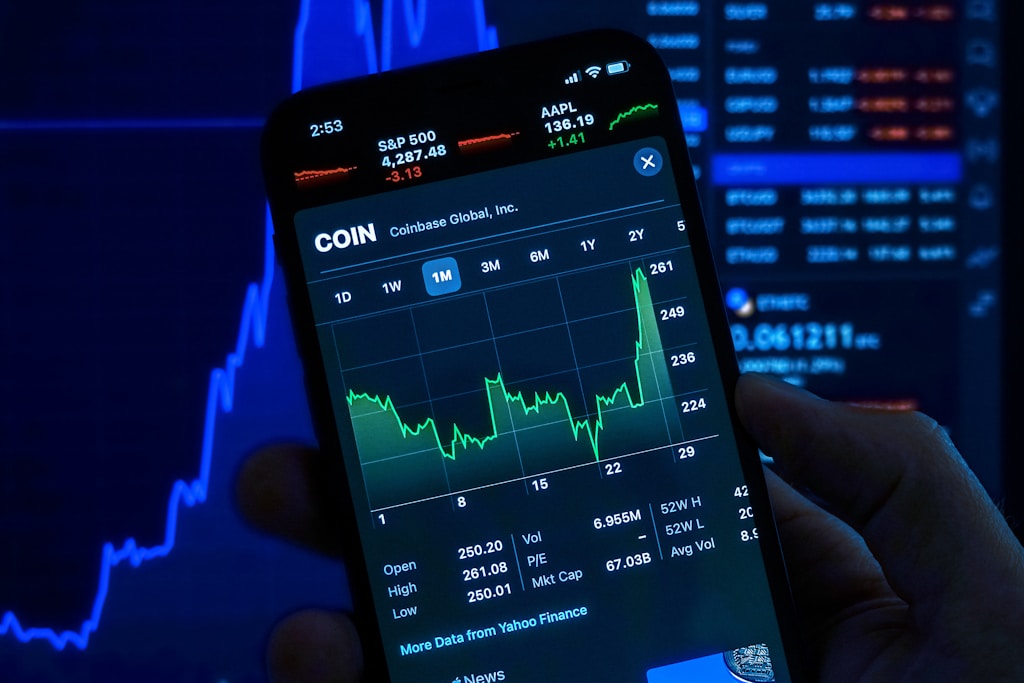Ethereum (ETH) is showing strong bullish momentum as it approaches a critical resistance level that could determine its path to $3,000. Technical analysts have identified the $2,588 price point as the key threshold that could ignite ETH’s next major rally amid growing market optimism.
As Ethereum addresses in profit recently surged 90%, the second-largest cryptocurrency by market cap is positioning itself for a potential breakout. Multiple technical indicators and expert analyses suggest ETH could be preparing for significant upward movement.
Critical Technical Levels for Ethereum’s Advance
According to renowned crypto analyst Ali Martinez, Ethereum must decisively break and hold above $2,588 to confirm bullish momentum. This level represents a crucial resistance zone that has historically acted as a pivot point for major price movements.
Key resistance levels identified by technical analysis include:
- $2,668 (Fibonacci 1.272)
- $2,711 (Fibonacci 1.414)
- $2,774 (Fibonacci 1.618)
- $2,827 (Fibonacci 1.786)
Technical Patterns Support Bullish Outlook
A prominent Head and Shoulders pattern has formed on the 1-hour chart, traditionally a bullish signal when the neckline is broken. This technical formation, combined with ETH breaking through its resistance trendline, strengthens the case for upward momentum.
Market expert Trader Tardigrade has identified a massive Symmetrical Triangle pattern on the 2-week timeframe, with potential targets reaching as high as $21,000 in an extremely bullish scenario. The pattern’s upper boundary currently sits between $3,700 and $3,800.
Expert Price Predictions
Multiple analysts have aligned their predictions for ETH’s next major move:
- Ali Martinez: Projects $3,000 as immediate target
- Michael Van De Poppe: Confirms $3,000 potential with current momentum
- Critical support level: $2,410 must hold for bullish continuation
Frequently Asked Questions
What is the key resistance level for Ethereum?
The critical resistance level is $2,588, which must be broken and held for confirmation of the bullish trend.
What technical patterns support Ethereum’s bullish case?
A Head and Shoulders pattern on the 1-hour chart and a Symmetrical Triangle on the 2-week chart support the bullish outlook.
What is the highest price target for Ethereum?
While $3,000 is the immediate target, some analysts project potential moves to $21,000 in an extremely bullish scenario following a triangle pattern breakout.






